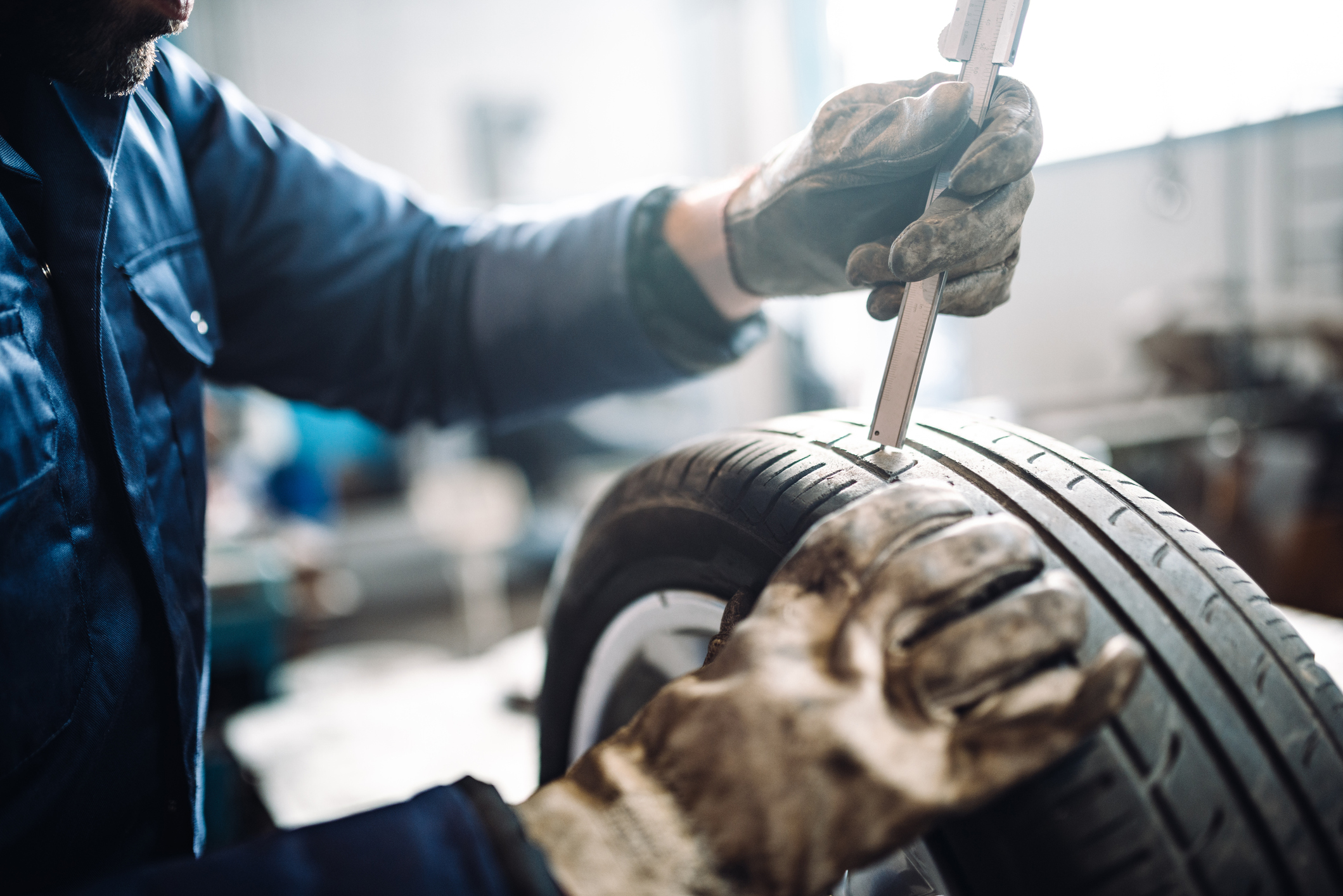5 Questions Customers Will Ask Before Making a Tire Purchase

Tires keep your customers on the road, but not all customers know how to make an informed tire purchase.
It’s understandable. After all, customers don’t buy new tires often, so they might have a lot of questions when they approach the counter.
For people in the tire business – industry veterans with years of knowledge – the questions may seem simple, but customers ask you because you’re a trusted source of information. They may buy tires 10 times in their lifetime. Between purchases, most customers don’t spend a lot of time thinking about their tires or memorizing speed rating charts, so when they walk through your doors, they’re going to have questions.
Know which questions your team most likely have to answer ahead of time. It will help your company provide the best experience for your customers.
1. What Should I Consider Before Buying New Tires?
You know that all tires are not created equal. Customers may struggle trying to compare different brands and standards. Walk them through this process by first getting to know their car.
Ask them the following questions:
- The make and model of their car
- What types of roads they typically drive on
- How often they drive and how much time they spend driving each day
- Their budget
Use this information to explain how the following factors make a difference in tire manufacturing:
- Materials
- Traction, temperature, and speed ratings
- Rolling resistance
- How long the tire is expected to last
2. What Causes Tires to Wear Down?
Properly maintaining tires will save customers money and keep them safe on the road. Walk them through the many factors that may lead to tire damage.
Don’t forget to include information about:
- How tire pressure (too low and too high) can cause wear and tear
- The need for alignment and the parts that assist in alignment
- Mechanical problems that can cause tire problems
- Extreme weather and how to protect tires in heat, snow and other conditions
This is a great opportunity to talk to customers about how to identify the signs of tire wear and when it’s time to visit a professional who can assess the health and safety of your tires.
3. How Will I Know My Tire Pressure Is Low?
Ask your customer what type of car they own. If the car was made after 2006, it should have a Tire Pressure Monitoring System that alerts the driver if their pressure is low. Otherwise, drivers should get in the habit of using a tire gauge to measure tire pressure monthly.
4. When Will I Need to Replace My Tires?
This question is likely to be accompanied by, “Is there a warranty on my tires?” The answer will depend on the tire model and manufacturer and where they buy tires. Explain to customers where they can find that information and how to reach out to the manufacturer in case of damage. Make sure they also understand the terms and conditions of their warranty so they can stay eligible for coverage. Regular tire rotations and proper care and maintenance are common requirements that your customers need to follow to stay covered.
Some tire retailers offer their own warranties in addition to the manufacturer’s warranty. If that’s the case at your shop, be sure to discuss it with your customers. Even if there’s an added cost, they might be more motivated to make a purchase if they know you’ll take care of them when they really need it.
Tell your customers to hold onto instructions from their tire manufacturer and their sales receipts. The instructions will contain the most detailed information on the tire warranty and a sales receipt will provide a dated proof of purchase if any problems arise.
In general, customers should expect to replace their tires every three to five years, depending on how much they drive annually.
5. Do I Need to Have My Tires Rotated?
Explain to customers that in order to get the most out of their purchase, they should consider getting their tires rotated every 5,000 to 7,000 miles.
In order to answer these questions properly, you and your team will need to know your tires inside and out. The more you know about the tires in your shop, the easier it will be to make a tailored recommendation and keep your customers satisfied.

Leave a Reply
You must be logged in to post a comment.